The Stories We Tell Ourselves
Did you know that?
Much of what we believe about situations, challenges, and other people is from a story or narrative that we are telling ourselves. And that story may or may not be an actual truth. Often these stories are about why we do what we do, or don’t do, or why we react the way we do in certain situations. For example, “I just can’t stick to an exercise plan” or “I am just a reactive person”, are stories, we’ve told ourselves about past behaviour, and to be honest, could also be convenient to hold onto so that we don’t have to change future behaviour.
If you identify yourself as someone who “can’t stick to exercise”, the next time you try to engage in a plan, you’re very likely to fail. Why? Not because you’re lazy or “didn’t want it bad enough”, but rather because change is difficult and when faced with difficulty, we often look for safe or familiar things. The safe and familiar thing in this case? The story in which you are a person who can’t stick to exercise. If you believe that, of course, you’re going to stop working out. That follows the narrative. These are in alignment.
If you want to change something, you must also change the story associated with it. What if, in the exercise example, you began to tell a different story? Start walking for 5 mins a day. When you’re done, tell yourself, “I am a person who sticks to her exercise plan.” Repeat, consistently. You’ll begin to feel a new story take hold. AND, you can’t just change the story without the evidence (i.e. the behaviour). If you skipped your walk and still told yourself “I am a person who sticks to her exercise plan”, it simply won’t work. This is what is known as cognitive dissonance when your beliefs and actions don’t line up. Your brain will not be on board with this as your beliefs and behaviours are out of alignment.
With me so far?
Where do these stories come from? Often others. Something your family told you, your teacher said, or a neighbour stated with such confidence that it 'must' be true. And then, it became part of your story. Or as mentioned above, they can be a way to explain past behavior and stay “stuck” where you are, in the behaviours that feel safe.
If you’re looking for behaviour change, you must dig into the stories you have about what you’re trying to change AND about the new behaviours you are trying to adopt. If a story you have is that “rich” people are evil, might it be any wonder why you struggle financially? If your story is that money = evil, then if you had money, I guess you’d think you were evil? Do you see how these can be really detrimental and really hold us back?
How do we address these stories?
Here are some effective coaching questions to consider when reflecting on a statement you’ve made about something:
“Is this the truth, or the ACTUAL truth?” That is, the truth is what I am currently telling myself about the situation, but the ACTUAL truth starts to encourage you to consider there may be another point of view available.
"When I think of this statement (i.e. the story) and I repeat it in my mind, do I hear my voice or someone else’s voice?”
“Is there another way to look at this situation?”
“Do I know someone else who has been through this and they had a different point of view"?”
All this is to say, there may be nothing wrong with the story you’re telling yourself. What you believe might just be in line with your actions.
What matters is that we reflect and consider that there may be other choices available to us, if you’re trying to change something in your life.
Remember you can’t change what you don’t acknowledge, so recognizing this “story time” just might be your first step to finally hitting those goals!
Cheering you on!
-Deanna
